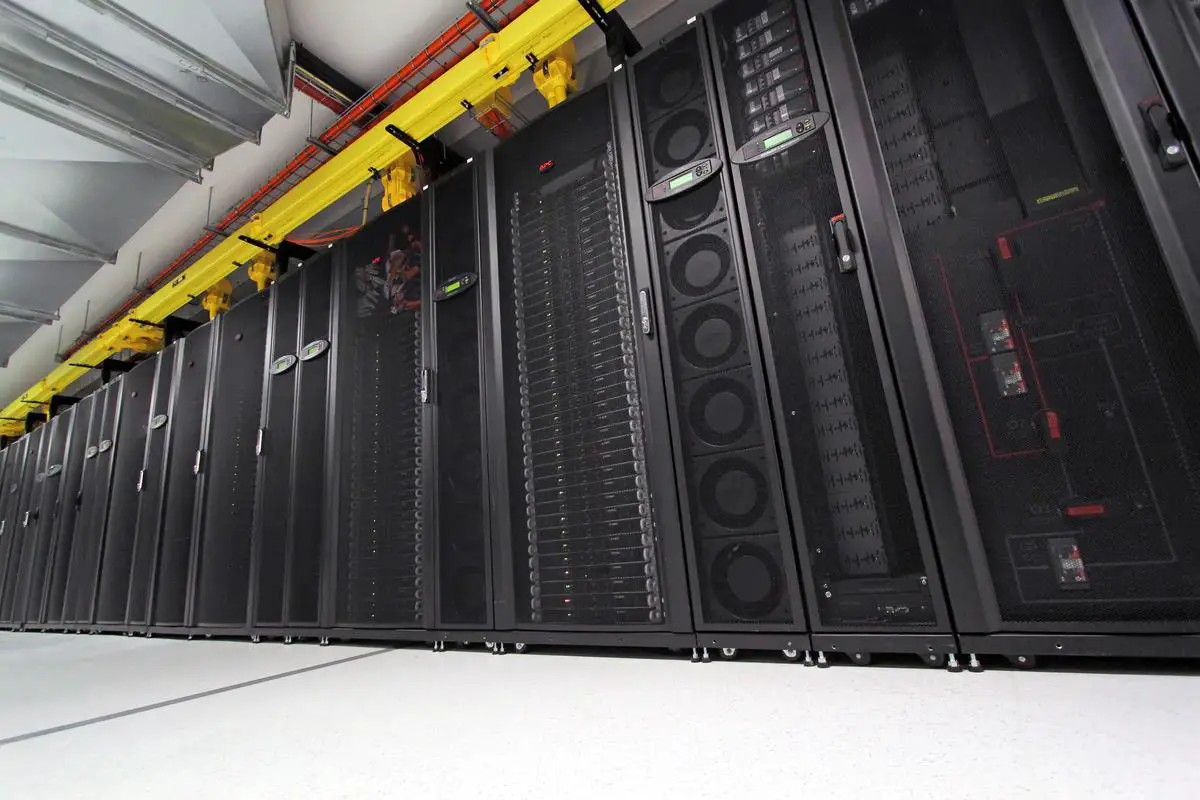Learn Programming Languages
Mastering programming languages is essential for aspiring data engineers. Proficiency in Python and Java is crucial. Python’s simplicity and libraries make it popular for data manipulation and analysis, while Java’s scalability suits large-scale data systems.
SQL remains fundamental for managing relational databases. Learn to write optimized queries and execute complex commands effectively.
Scala integrates well with big data tools like Apache Spark, designed for fast, large-scale data processing. R excels in statistical analysis and data visualization.
Key languages to focus on:
- Python: For data manipulation, analytics, and ETL processes.
- Java: For building scalable data systems.
- SQL: For managing relational databases and writing efficient queries.
- Scala: For big data processing, especially with tools like Apache Spark.
- R: For statistical analysis and data visualization.
Online platforms like Coursera, edX, and DataCamp offer structured courses and practical exercises. Participate in coding challenges on HackerRank and LeetCode to improve problem-solving skills. Use GitHub to browse open-source projects and contribute when possible.
Build a portfolio showcasing proficiency in different programming languages, demonstrating how you’ve used them to solve data engineering problems.
Understand Database Systems
A thorough understanding of database systems is vital for data engineers. Start with relational databases like MySQL and PostgreSQL, which use structured query language (SQL) and are suitable for handling structured data with predefined schemas.
MySQL is widely used due to its simplicity and efficiency. PostgreSQL offers advanced features such as support for various data types, full-text search, and JSONB for storing JSON data.
Understanding normalization and denormalization is crucial in relational databases. Normalization reduces data redundancy and improves data integrity, while denormalization enhances query performance by reducing joins.
Familiarize yourself with NoSQL databases like MongoDB and Cassandra. MongoDB is a document-oriented NoSQL database, storing data in JSON-like formats. Cassandra, a wide-column store NoSQL database, handles large amounts of data across many commodity servers without a single point of failure.
Proficiency in both relational and NoSQL databases enables you to choose appropriate data storage solutions based on specific data processing requirements. This knowledge is crucial for optimizing data storage, ensuring high performance, and managing large-scale data efficiently.
Use online resources and courses to expand your knowledge. Engage with real-world projects and case studies to apply your skills effectively.
Master Big Data Technologies
Apache Hadoop and Apache Spark are two key tools in big data processing. Hadoop is an open-source framework for distributed processing of large data sets across computer clusters. It includes the Hadoop Distributed File System (HDFS) for storage and the MapReduce programming model for processing.
HDFS splits large files into blocks and distributes them across cluster nodes, ensuring data replication for fault tolerance. MapReduce involves two main tasks: Map and Reduce, which process and aggregate data respectively.
Apache Spark complements Hadoop with in-memory processing capabilities, significantly speeding up tasks. It handles batch processing, real-time processing, and graph processing. Spark’s core components include:
- Spark Core: Provides basic I/O functions, scheduling, and monitoring.
- Spark SQL: Allows querying structured data and mixing SQL queries with programmatic data manipulation.
- Spark Streaming: Enables real-time data stream processing.
- MLlib: Spark’s scalable machine learning library.
- GraphX: For working with graph data and running algorithms like PageRank.
Use online courses and resources for hands-on experience with Hadoop and Spark. Practice implementing end-to-end data pipelines to reinforce your understanding. This could involve setting up a Hadoop cluster, writing MapReduce jobs, and creating Spark applications for batch and stream processing.

Get Proficient with ETL Tools
Extract, Transform, Load (ETL) processes are crucial in data engineering. Proficiency in ETL tools like Apache NiFi and Apache Airflow can significantly enhance your ability to build effective data pipelines.
Apache NiFi
Apache NiFi automates data flow between software systems. Its key strengths include:
- Ease of Use: Build and modify data flows using a web-based interface.
- Scalability: Scales from a single node to large clusters.
- Flexibility: Supports various data formats and protocols.
Apache Airflow
Apache Airflow is a workflow management platform for programmatically authoring, scheduling, and monitoring workflows. It allows creation of Directed Acyclic Graphs (DAGs) defining data pipeline execution flow. Important features include:
- Dynamic Pipelines: Create detailed workflows using Python code.
- Scalability and Extensibility: Scale through plugins and run across multiple worker nodes.
- Advanced Scheduling: Provides options to run DAGs based on time or external event triggers.
- Monitoring and Logging: Offers features for tracking task status and detailed logs.
To master these tools, set up development environments and practice building simple data flows and DAGs. Engage in projects requiring building and managing ETL workflows, such as setting up data pipelines to ingest API data, cleanse it, and load cleaned data into data warehouses.
Explore community forums, official documentation, and tutorials to expand your knowledge and address specific challenges. Mastering these ETL tools equips you with skills to automate and manage complex data workflows, enhancing your value as a data engineer.
Explore Cloud Computing Platforms
Proficiency in cloud services like AWS, Google Cloud, and Azure is crucial for building scalable and cost-effective data solutions. These platforms offer extensive tools for data engineering tasks.
Amazon Web Services (AWS)
- Amazon S3: Scalable object storage for unstructured data.
- Amazon RDS: Managed relational database service.
- AWS Glue: Managed ETL service for data preparation and loading.
- Amazon Redshift: Fast, scalable data warehouse service.
- AWS Lambda: Serverless compute service for automating tasks.
Google Cloud Platform (GCP)
- Google Cloud Storage: Scalable object storage.
- BigQuery: Serverless, scalable data warehouse.
- Dataflow: Managed service for stream and batch data processing.
- Cloud Dataproc: Managed service for Apache Spark and Hadoop clusters.
- Pub/Sub: Messaging service for event-driven systems.
Microsoft Azure
- Azure Blob Storage: Scalable object storage for unstructured data.
- Azure SQL Database: Managed relational database service.
- Azure Data Factory: Cloud-based ETL service.
- Azure Synapse Analytics: Analytics service for big data and data warehousing.
- Azure Functions: Serverless compute service for automating tasks.
To master these platforms:
- Set up free-tier accounts for hands-on experience.
- Build small projects using multiple services within a platform.
- Use official documentation and online courses with hands-on labs.
- Explore certification programs offered by each platform.
Proficiency in cloud computing enhances your ability to design scalable and efficient data solutions, which is essential in modern data engineering.
Earn Relevant Certifications
Earning certifications can validate your skills and enhance your job marketability as a data engineer. Key certifications include:
AWS Certified Data Engineer
- Validates expertise in AWS data services.
- Covers data ingestion, transformation, storage, and security.
- Requires hands-on experience with AWS services.
Google Professional Data Engineer
- Assesses ability to design and operationalize data processing systems on GCP.
- Covers data pipeline creation, machine learning model deployment, and data visualization.
- Recommended prerequisites include industry experience and GCP familiarity.
Microsoft Certified: Azure Data Engineer Associate
- Demonstrates ability to integrate, transform, and consolidate data using Azure services.
- Requires passing Exam DP-203: Data Engineering on Microsoft Azure.
- Covers data storage, processing, and security solutions.
Cloudera Certified Professional (CCP) Data Engineer
- Tests ability to build and optimize data systems in a Hadoop environment.
- Focuses on cluster management and data workflow optimization.
Databricks Certified Data Engineer Professional
- Focuses on data engineering tasks on the Databricks platform.
- Covers data pipeline creation and Delta Lake usage.
Preparation involves studying official materials, taking practice exams, and gaining hands-on experience through projects and labs. Certifications demonstrate your expertise to potential employers and can increase career advancement opportunities.
“Certifications are a great way to validate your skills and stand out in the job market. They show potential employers that you have the knowledge and dedication to excel in data engineering.”
Mastering these skills and tools equips you with the foundation to excel in managing and analyzing large datasets, which is critical for building efficient data systems. As the field of data engineering continues to evolve, staying up-to-date with the latest technologies and best practices is crucial for long-term success.


